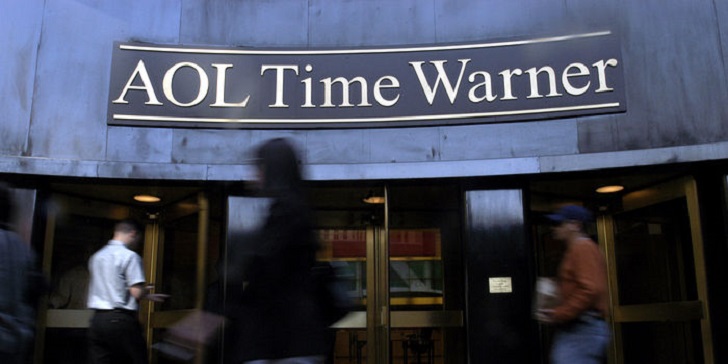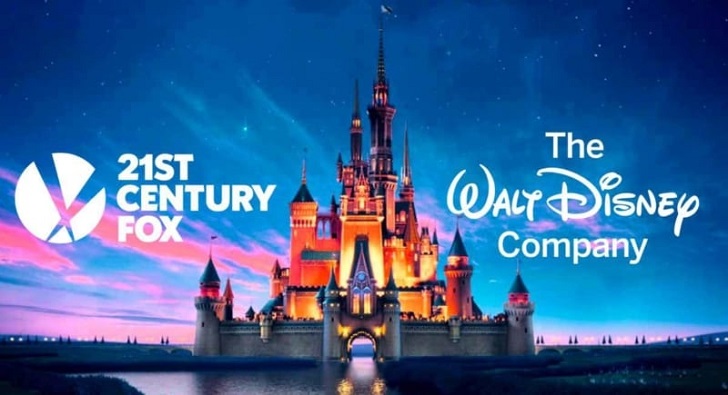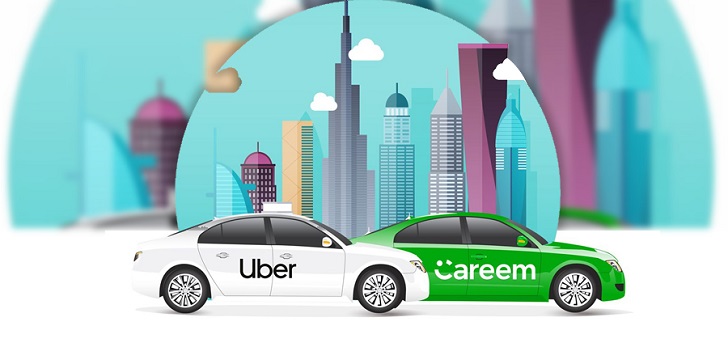The Biggest Business Mergers and Acquisitions
The world of business is constantly evolving, from new technologies and business models to shifting consumer preferences and an ever-changing political environment. One of the most significant ways businesses adapt and evolve is through mergers and acquisitions (M&A).
Over the last five years, there have been several major M&A deals that have shaken different industries. Whether it’s two giant companies joining forces, or a small startup being acquired by a larger corporation, these deals have far-reaching implications. This article will examine some of the biggest and most notable M&A deals.
AT&T and Time Warner ($85 billion)
In 2018, telecom giant AT&T acquired media conglomerate Time Warner for $85 billion. The deal united some of the biggest names in entertainment and media, bringing together AT&T’s vast network infrastructure with Time Warner’s impressive content portfolio.

BLOOMBERG NEWS/ WSJ | America Online, Inc. and Time Warner Inc. merger created the first—and largest—Internet-powered media and communications company
AT&T’s acquisition was a major milestone for AT&T, as they sought to expand their offerings beyond traditional telecom services like phone and internet. However, the deal wasn’t without controversy, as many critics expressed concern about the potential for increased consolidation and market dominance.
Disney and 21st Century Fox ($71.3 billion)
Another major media acquisition occurred in 2019 when Disney acquired 21st Century Fox in a deal worth $71.3 billion. The deal saw Disney take over a significant portion of Fox’s content and assets, including the Fox film and TV studios, the FX cable network, and a stake in streaming service Hulu.
The acquisition was part of Disney’s ambitious plan to launch its streaming service, Disney+, which has since taken the world by storm. The deal also marked the end of an era for Fox, the media company founded by the legendary mogul Rupert Murdoch.

Ziggy/ Getty | The acquisition of 21st Century Fox by The Walt Disney Company was announced on December 14, 2017
Amazon and Whole Foods ($13.7 billion)
The world of grocery shopping was shaken up in 2017 when retail giant Amazon acquired Whole Foods for $13.7 billion. The deal marked Amazon’s entrance into the brick-and-mortar retail space and signaled a shift in the way consumers were starting to shop for groceries.
The acquisition also gave Amazon access to Whole Foods’ loyal customer base and its well-regarded reputation for high-quality, organic food. The move was seen as a major threat to traditional grocers like Walmart and Kroger, who already felt the pressure of online retail.
Uber and Careem ($3.1 billion)
In 2019, ride-hailing giant Uber acquired their biggest competitor in the Middle East, Careem, for $3.1 billion. The deal was seen as a way for Uber to expand their reach beyond the Western world and into emerging markets. Careem, which had a strong presence in cities like Dubai and Cairo, also gave Uber access to a valuable network of local drivers and riders familiar with the Careem brand.

ITU/ Stock Image | The merger aims to bring two brands together to increase the “operational efficiencies.”
Microsoft and LinkedIn ($26.2 billion)
Another major acquisition occurred in 2016 when tech giant Microsoft bought the business networking site LinkedIn for $26.2 billion. The acquisition was seen as a way for Microsoft to expand its reach into professional networking and seemed like a natural fit for both companies.
LinkedIn, which had over 400 million users at the time of the acquisition, gave Microsoft a massive database of user information and a valuable source of data for Microsoft’s suite of productivity tools.